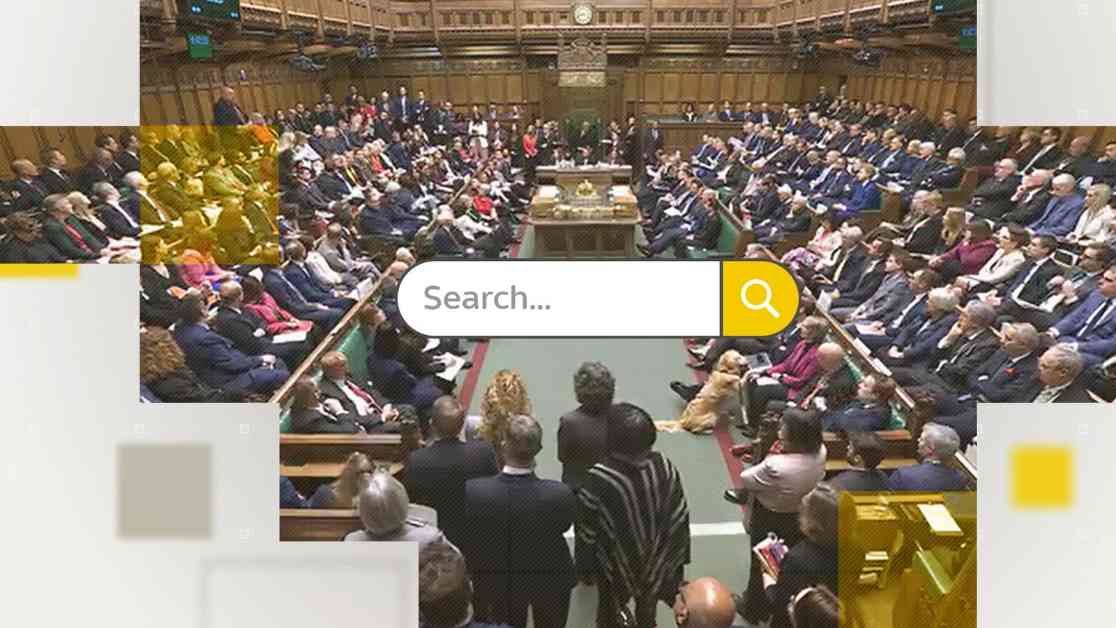The assisted dying bill, proposed by Labour MP Kim Leadbeater, has successfully passed its second reading in the Commons with a majority of 55. Out of the 605 votes cast, 330 were in favor of the bill while 275 were against it. This particular vote was considered a “free vote,” meaning party leaders did not instruct their MPs on how to vote, allowing them to vote based on their personal beliefs.
It was interesting to note that prominent figures such as Sir Keir Starmer, Chancellor Rachel Reeves, and former Prime Minister Rishi Sunak all voted in favor of the bill. On the other hand, Health Secretary Wes Streeting, Deputy Prime Minister Angela Rayner, and opposition party leaders Kemi Badenoch, Ed Davey, and Nigel Farage were among those who voted against the bill.
The SNP decided not to vote on the bill as it does not apply to Scotland. In total, 46 MPs, including the Speaker and his Deputies, did not cast a vote. Additionally, Labour MP Emma Hardy recorded an “active abstention” by voting both Yes and No, resulting in the total number of votes not adding up to 650, the total number of MPs in the Commons.
The voting pattern showed that a majority of Labour MPs supported the bill, while most Conservatives voted against it. This indicates that there is a general consensus in the current parliament that assisted dying should be legalized in principle, although it has not yet become law.
The bill will now undergo further scrutiny in a committee where experts, stakeholders, and the public will provide input before being brought back to the House of Commons with any necessary amendments. If it passes this stage, it will then proceed to the House of Lords for a similar process before ultimately reaching the King for Royal Assent.
During the debate in the House, MPs shared passionate and emotional stories from their constituents, drawing on personal experiences to support their arguments. Religion also played a role in many MPs’ decision-making processes, with some guided by their faith when considering the moral and ethical implications of the bill.
It is worth noting that among the MPs who did not swear on a religious text upon joining the 2024 Parliament, the bill received more votes in favor than against. Conversely, among those who did make a religious oath, the majority voted against the bill.
While similar bills have been introduced in the past, only two have reached the stage of a second reading in the House of Commons and a vote. This demonstrates the significance and complexity of the issue at hand. The entire process of passing the bill could take up to two years due to the thorough examination of each clause at every stage.
Overall, the vote on the assisted dying bill reflects the diverse opinions and beliefs within the parliament, highlighting the challenging nature of the decision-making process on such contentious issues.













